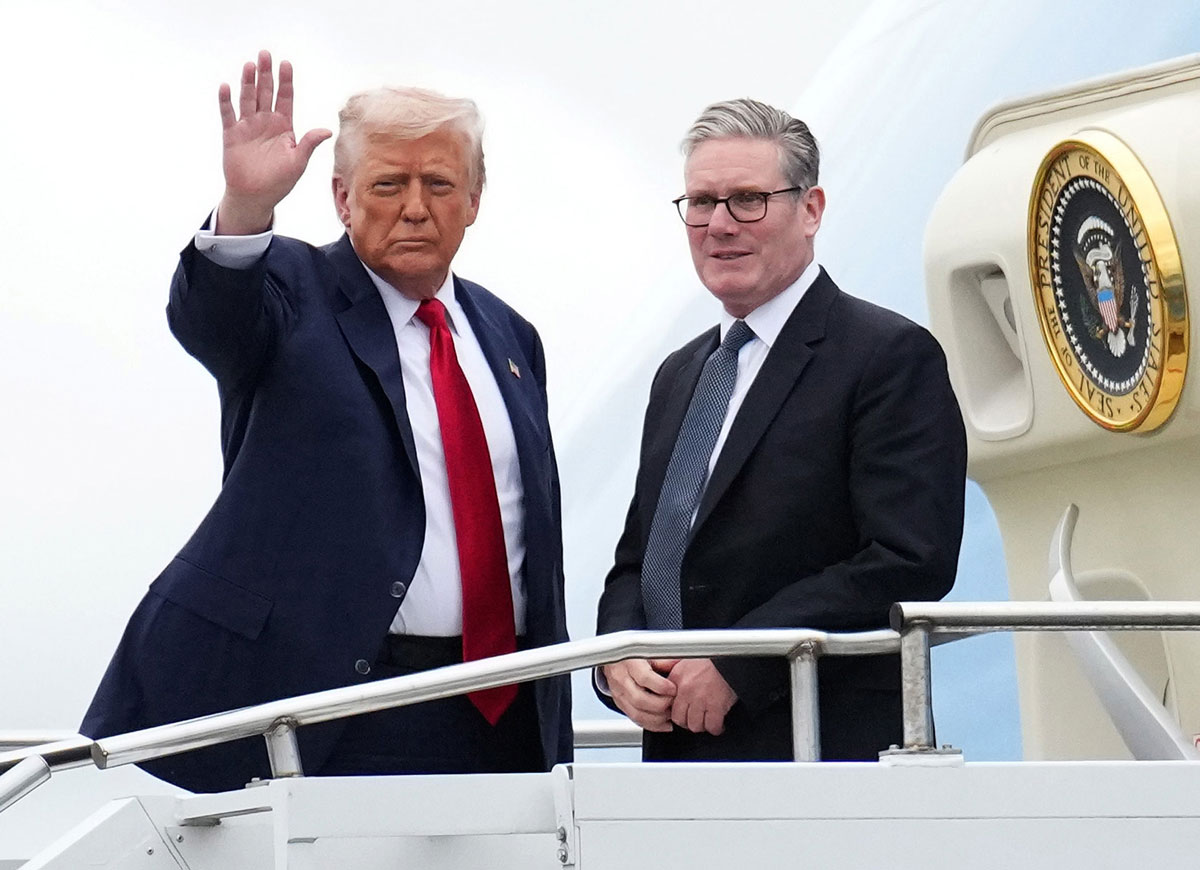Mexican Soccer Star Rafael Marquez Denies Claims Of Links To Drug Cartel
Mexican national soccer team captain Rafael Marquez has denied U.S. allegations that he has ties to a drug cartel.
Rafael Marquez Drug Cartel Accusations News
Marquez — along with Latin Grammy-nominated Mexican singer Julio Cesar Alvarez Montelongo — is one of 22 individuals and 42 organizations accused of links to a drug trafficking organization led by kingpin Raul Flores Hernandez, who is believed to be linked to the Sinaloa Cartel and the Jalisco New Generation gang. Hernandez has allegedly been smuggling drugs and laundering money since the 1980s.
The U.S. Treasury Department claimed on Wednesday that Marquez acted as a “front person” for Hernandez through his soccer school and multiple health and sports outlets including a casino and a music production studio. The department’s statement also alleged the organizations and individuals “held assets on [the drug cartel’s] behalf.”
The statement added that the ruling entailed any assets of theirs under U.S. jurisdiction or controlled by people in the U.S. would be frozen, among other sanctions.
Subscribe to our free weekly newsletter!
A week of sports news in your in-box.
We find the sports news you need to know, so you don't have to.
The Office of Foreign Assets Control (OFAC) also released a statement after the Treasury Department said this was “the largest single Kingpin Act action against a Mexican drug cartel network that OFAC has designated.”
“Raul Flores Hernandez has operated for decades because of his longstanding relationships with other drug cartels and his use of financial front persons to mask his investments of illegal drug proceeds,” OFAC Director John E. Smith said in a statement, calling the move a “major joint action” with Mexico.
The Foreign Narcotics Kingpin Designation Act — passed by Congress in 1999 — gives the Treasury Department the power to freeze assets of foreign nationals it believes are involved in international drug trafficking.
Alvarez, 34, also denied the accusations against him and defended Marquez, who plays with his Guadalajara-based childhood club Atlas in the Mexican league and previously played with Barcelona, Monaco and MLS’s New York Red Bulls.
“Everything I have, I’ve earned,” Alavarez said in a folksy video posted on his Facebook page. “I’ve dedicated myself to making music, and thank God, I don’t have the need to do many of the things they’re accusing me of.”
Mexican President Enrique Peña Nieto once hailed Alvarez as “a great example for Mexican youth.” Incidentally,Peña Nieto had posted a picture of himself with Alvarez on Instagram earlier this week, although he deleted it just before news of the sanctions against the singer broke out.
A spokesman from the president’s office declined to comment on why the photo was deleted.
“He’s got one of the longest careers in football,” the Norteño singer added of Marquez in the video. “Do you really think he would need to do something like this?”
Marquez — who hails from the cartel-riddle state of Michoacan — has captained Mexico in each of the last four FIFA World Cups, and has scored 19 goals and won 143 international games to become Mexico’s most-capped player. The 38-year-old defensive midfielder — known as “Rafa” by fans — has played for Mexico’s national team since 1997 and has captained the squad since 2002.
In addition to his accomplishments with Mexico’s national team, Marquez also helped lead Barcelona to four Spanish league titles and two Champions League trophies.
According to a goal.com article from June, Marquez plans to retire from playing soccer after the 2018 World Cup in Russia.
Neither Atlas nor Marquez’s agent could be reached for comment on the accusations on Wednesday.
The development comes after U.S. President Donald Trump promised to destroy Mexican drug cartels.
Get the most-revealing celebrity conversations with the uInterview podcast!



![Highest-Paid Athletes Of 2017: Top 10 Including Cristiano Ronaldo & More [PHOTO SLIDESHOW]](https://usports.org/wp-content/uploads/Cristiano_Ronaldoslideshow.jpg) Click here for the Highest-Paid Athletes Of 2017: Top 10 Including Cristiano Ronaldo & More [PHOTO SLIDESHOW] Slideshow
Click here for the Highest-Paid Athletes Of 2017: Top 10 Including Cristiano Ronaldo & More [PHOTO SLIDESHOW] Slideshow


Leave a comment